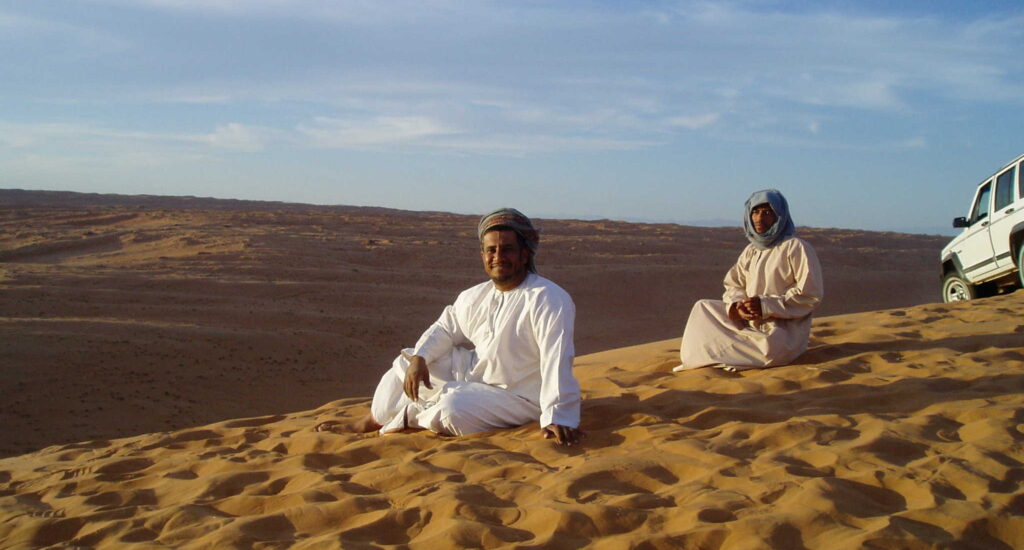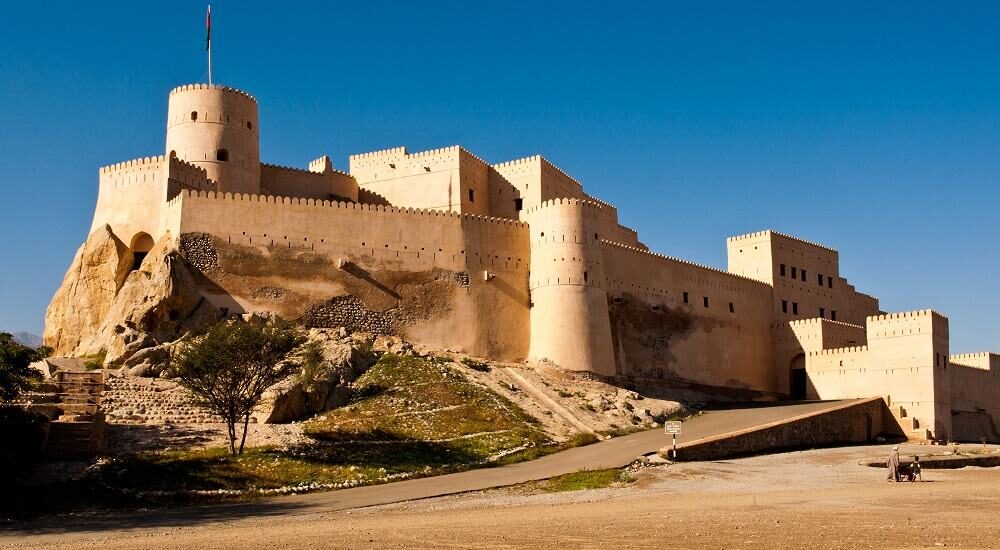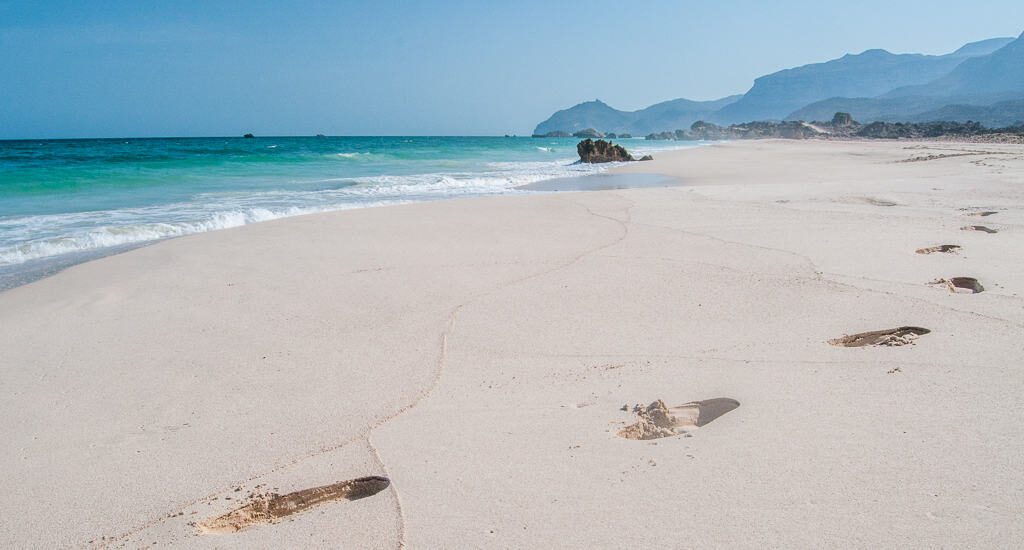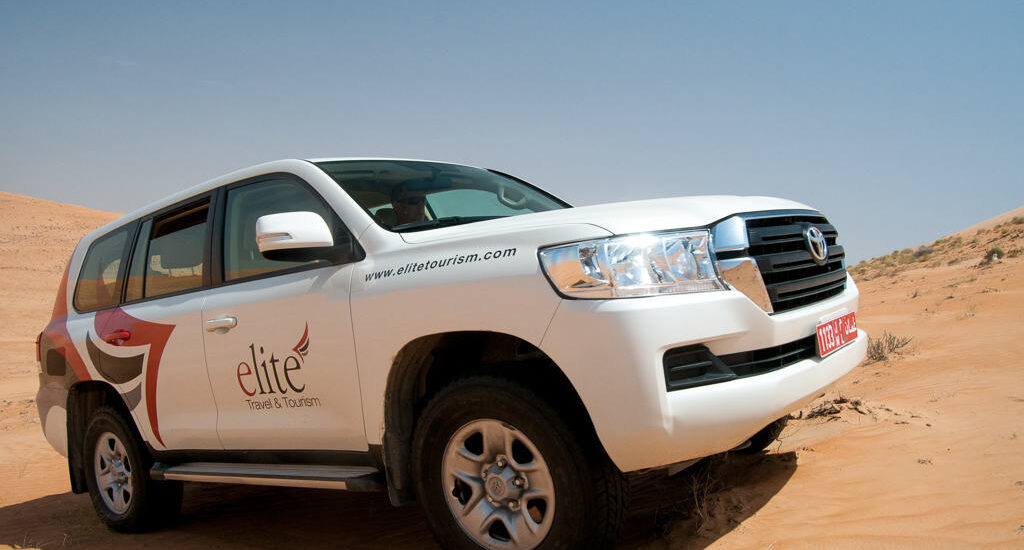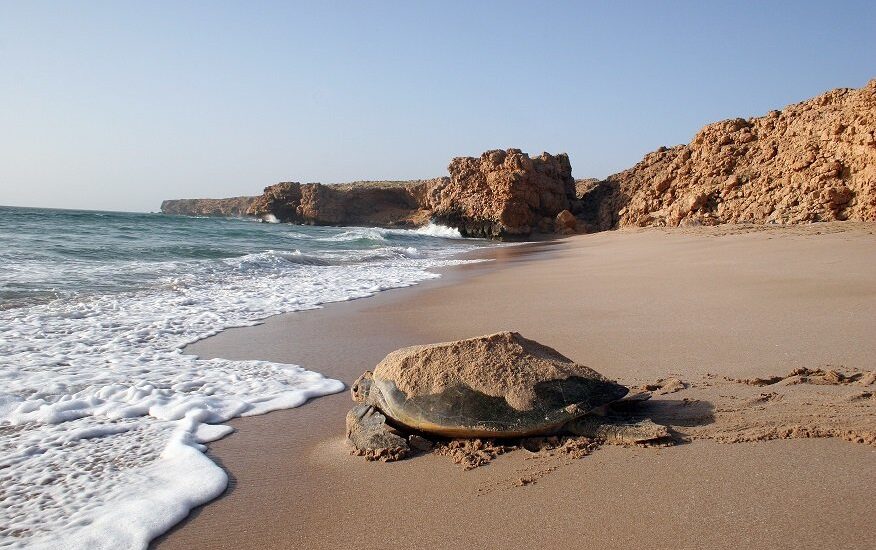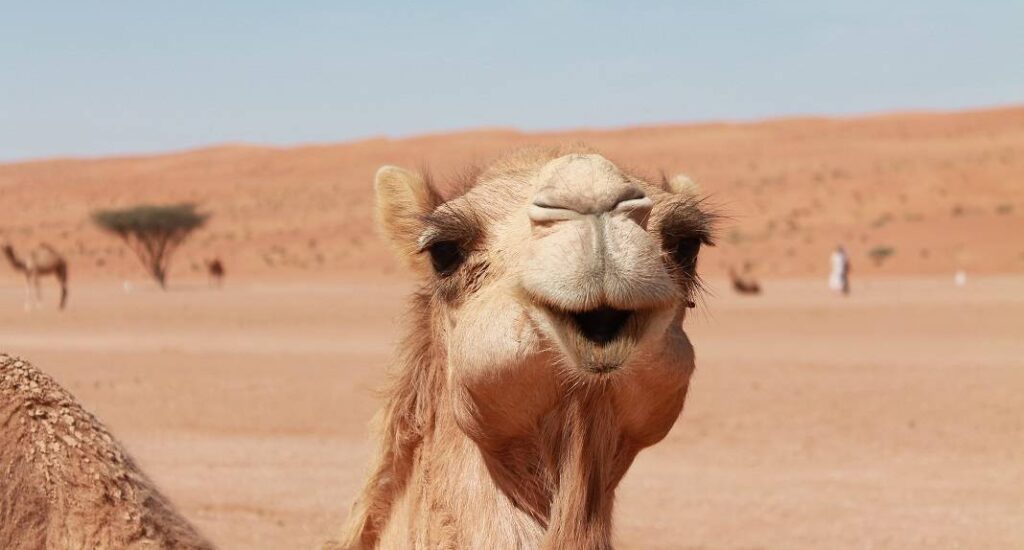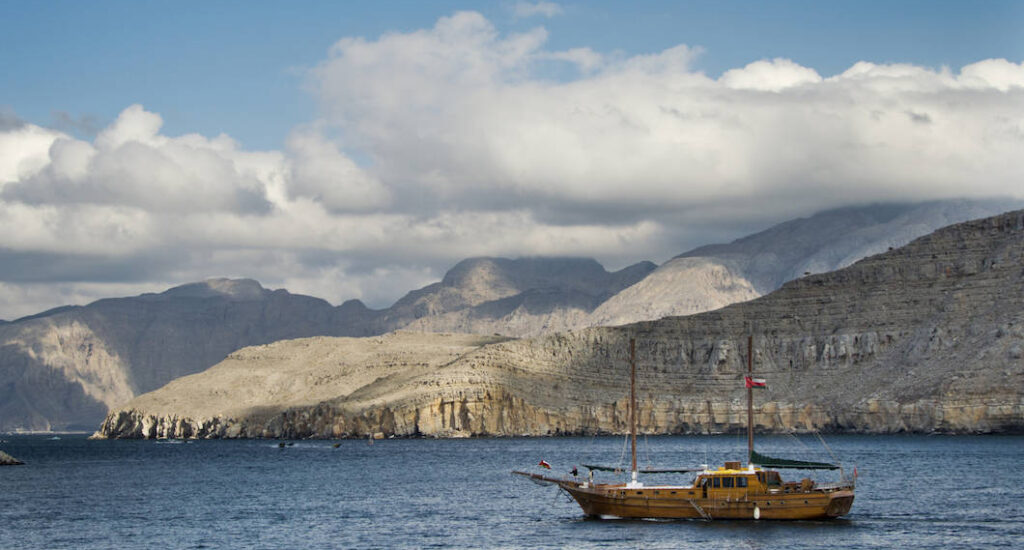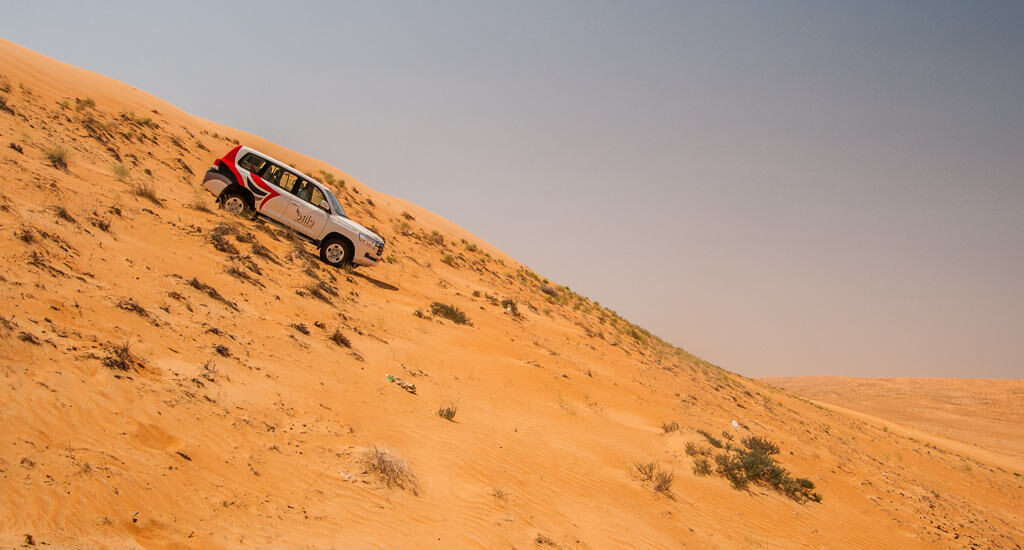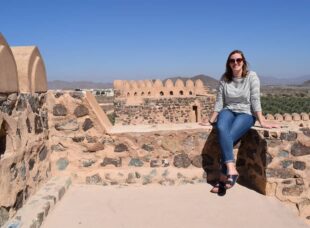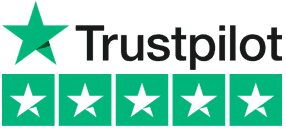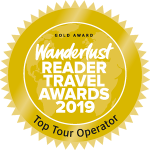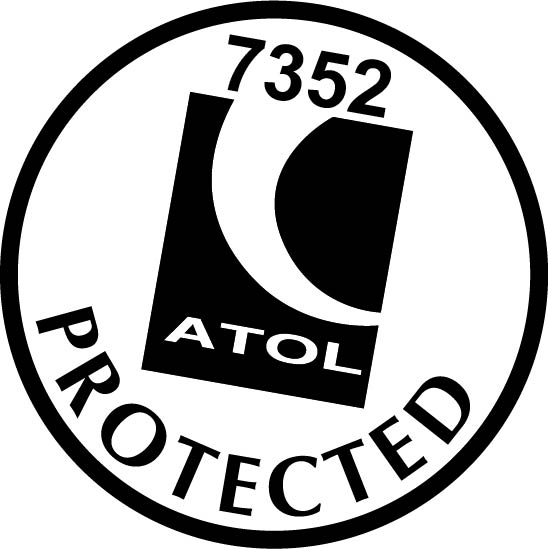Overview
Oman is perhaps the only place in the Arabian Peninsula where modern development peacefully co-exists with ancient architecture, culture and traditions. Sweeping highways wend their way between historic forts and carry trade between the souqs of her towns in the way camel routes did centuries ago. Beautiful hotels combine modern comfort with traditional designs, and the Omanis deliver the famed Arabian hospitality, nearly always in traditional dress, whilst keeping in touch on the latest mobile phones. The real appeal of Oman lies in these contrasts and the chance to experience the traditional Arabian culture which has been squeezed out of most of the rest of the region: it really rewards the traveller prepared to tear themselves away from Oman’s amazing beaches!
When to Travel
Any time from October through to March is a lovely time to visit most of Oman; temperatures will be in the twenties (°C) during the day and dropping to the late teens at night. The summer months, especially May through to September, are very hot and humid and not for the faint-hearted. This same climate will be found in all the main areas you’re likely to travel to, with the exception of Salalah and Dhofar. Here it is pleasingly warm all year round, with May and June being the hottest months, as in July and August the khareef monsoon arrives bringing heavy rain and slightly cooler temperatures.
Read our full guide on When to go to Oman here.
Practicalities
Flights
Oman Air fly directly from Heathrow to Muscat once a day, with a very modern fleet of aircraft and offering very competitive prices, so they are the airline we most prefer. There are several other airlines that fly indirect via places like Dubai, Abu Dhabi, and Doha. If you’re starting or finishing your trip in Musandam, this is actually closer to Dubai than Muscat and so this opens up the option of direct flights into Dubai and via Dubai to Muscat with the likes of Emirates and British Airways/Qatar. All the Gulf carriers also serve Muscat via their main hubs. All the airlines offer Economy and Business Class flights. Within Oman, Oman Air also link Muscat with Salalah and Musandam, as well as offering flights on to a wide range of African and Asian destinations.
Money & Tipping
The Omani currency is the Omani Rial and at the time of writing OMR1 is worth about £2. Credit cards are accepted in the major hotels and in most shops and restaurants throughout Muscat; outside of the capital it’s more rare to be able to use a credit card, so you’ll need local currency. There are ATMs in the major cities, and you can change money at the airport, your hotel and in banks in towns and cities. Tipping is becoming more and more wide-spread and although it is nowhere near as common as in other countries in the Middle East, it is expected for genuine services. For porterage at hotels we’d recommend around £2, around £5 for transfers to and from the airport, and if you have a tour with a driver then around £10 per day. These amounts are “per couple”.
Visas
UK passport holders do not need a visa for visits to Oman of 14 days or less. Visitors will need to demonstrate you have a confirmed hotel booking, return ticket, and that all members of your party are covered with travel insurance (including all children).
For stays of 15 or more days, UK passport holders are required to apply for and obtain a visa online within a month of travel (and not before!) via the eVisa website https://evisa.rop.gov.om/. You will need to register as a user and pay the fee online; they are usually processed and emailed over to you within 24 hours. A printed copy will need to be presented to the border officials when landing in Oman. Your passport should be valid for a minimum period of 6 months from the date of entry to Oman.
Language
Arabic is the official language in Oman, though as English has been taught in schools since the 1980s visitors certainly do not need to take a crash-course in Arabic. Added to this, Oman is quite a multi-cultural place and hotel or restaurant staff may well have come from India, Thailand, South Africa, or Morocco, so English is often the common language used.
Food and Drink
In Muscat, it’s likely you’ll eat in the hotel at some point, although curiosity (and the high prices charged in Western hotels) may well lead you to explore other options. Oman is not generally known as a gastronomic paradise; traditional cuisine is often very basic, essentially meat and rice, and American fast-food outlets have gained a firm foothold here. You’ll also see familiar brands that you’ll recognise from back home – Pizza Express, Gourmet Burger Kitchen, Nando’s etc.
Happily, more interesting culinary influences from around the world have had a huge impact. All kinds of offerings from the Indian subcontinent are fairly ubiquitous and you can get some amazingly tasty (and cheap) Balti-style food if you are willing to roll your sleeves up and follow your nose. The Omanis have taken food such as biryanis, daal and paratha to heart so these are reliable options.
Alcohol is served only in licensed hotels, and is often very expensive. Fresh fruit juices are cheap though, and extremely refreshing.
Health
As we’re not medical experts we feel it is essential you contact your G.P. regarding vaccinations and the like for travel to Oman. What follows is some suggestions, but they must be verified by a medical professional. You should have all your routine vaccinations up-to-date, and if arriving from a yellow fever risk country, you are required to have a valid certificate of immunisation.
We also like these guys but again you must talk to your GP first: The Travel Doctor, an interactive website providing specialist health information for travellers plus customised lists of travel medicines, vaccines for holiday makers, global adventure travellers and expeditions.
Getting around
Generally you have the option of doing the touring part of a trip, so the areas outside of Muscat, either with a driver, or on a self-drive basis. Our drivers will speak good English, and whilst not a fully-fledged guide they will have excellent local knowledge and be invariably professional, charming and friendly – it is not at all uncommon for our clients to be invited to their house at some point to meet the family and enjoy some genuine hospitality (clients of ours have even been invited to a wedding!).
Self-drive is a very easy option in Oman, and obviously is less expensive. You will be given maps and a comprehensive, personalised set of directions that you use together with the provided GPS unit to make your way around the country. Oman is developing quite quickly still, so the road network does change, however a good dollop of common-sense, in tandem with the GPS based directions and maps means that you won’t go far wrong – and if you do, our local agents are easily contactable.
Travellers Code of Conduct
– We provide all of our clients with a “Travel Facts” document upon confirmation of your booking. This details useful facts and travel advice for your chosen destination, including restaurant recommendations, reading tips, basic language, cultural traditions, climate information and brief historical overviews. We feel that this offers a useful insight into the country you are visiting, and can help you interact with local residents in a more sensitive, well informed manner. Please try to take the time to read this information before your visit, if at all possible.
– A number of the countries in which we operate holidays are religious societies with a widely observed set of customs. Always respect these norms, particularly when visiting religious buildings.
– To the best of our knowledge, all of the hotels, lodges and camps within our portfolio operate stringent measures to minimise water usage. All of our destinations have issues with water supplies to a certain extent so feel free to raise any possible wastage should you encounter it during your stays, either with the accommodation or with us upon your return.
– Please ask before taking photographs of people, and respect their wishes should an individual not be happy to be photographed. We find that friendly requests and a smile are usually met with assent.
– Strive where possible to make your own contribution to environmental practices within the destination you are travelling. This might include minimising your electricity usage, avoiding smoking in protected areas, sticking to marked roads at all times while self-driving, avoiding coral while snorkelling and safely disposing of all litter (recycling where possible).
– Where possible, try to purchase from local suppliers. This includes shopping for souvenirs, eating out in restaurants and booking further excursions during your free time. In areas where haggling is an accepted part of daily life, don’t become angry or offended if you are unable to obtain what you perceive as a fair price for an item. We emphasise to local suppliers that our clients should never be taken on unsolicited shopping trips, but if this does happen, try to retain your sense of humour, provide a firm refusal to participate and tell us about this on your return. We pass on all feedback from every trip undertaken with Holiday Architects to the relevant local suppliers, who share our commitment to travelling with sensitivity.
– Please don’t remove any indigenous items from their natural habitat and attempt to bring them back as a souvenir. This particularly applies to coral, shells, plants and food in the natural world, and to cultural artefacts and antiques.
– If you are unsure about anything relating to the above, please feel free to ask our local suppliers or your Holiday Architects specialist. All of these people either live or have travelled extensively in the country you are visiting and will be more than happy to offer their considered advice.


